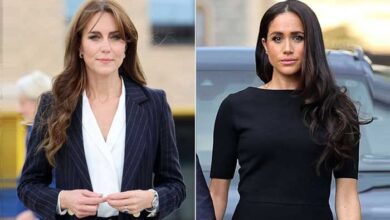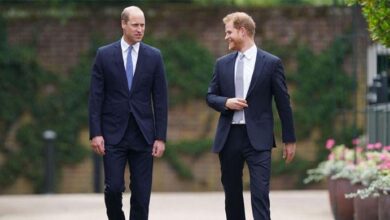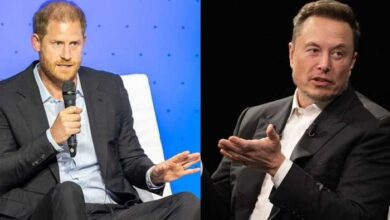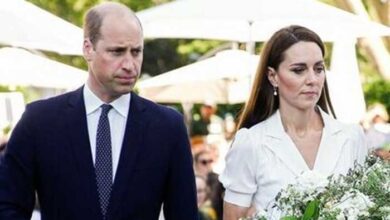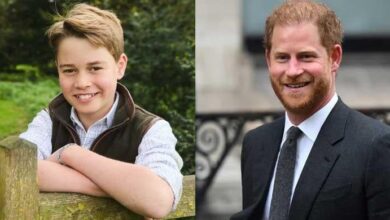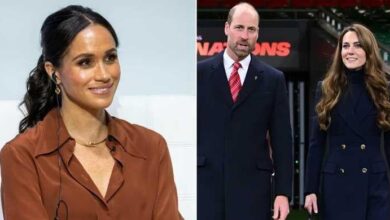Anti Monarchy Group Condemns Prince Andrew’s Presence with King Charles on Easter Sunday
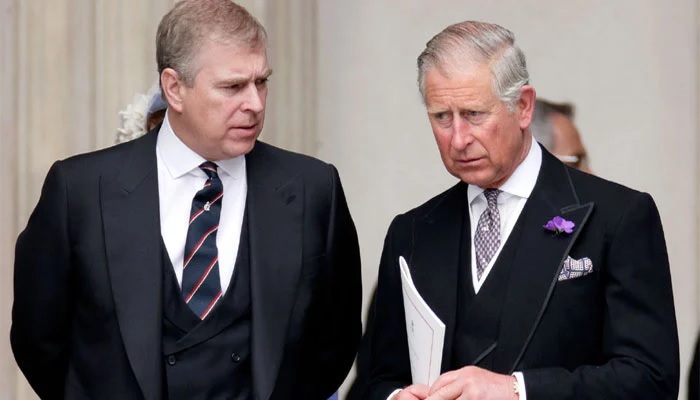
Prince Andrew’s recent appearance alongside the King Charles and royal family for Easter Sunday Service has drawn sharp criticism from anti-monarchy group Republic. The organization has branded his presence at the event as a ‘disgrace’ in light of the serious allegations against him.
Republic, known for its advocacy against the monarchy, took to social media platform X (formerly Twitter) to express its condemnation. In a statement shared by Republic’s CEO Graham Smith, Andrew’s participation in the royal gathering was scrutinized against the backdrop of the allegations of sexual offenses against him.
The statement highlighted the ongoing accusations faced by Prince Andrew both in the UK and abroad, emphasizing that he has previously settled with Virginia Giuffre for an estimated £12 million to avoid a potentially damaging court case related to allegations of sexual abuse.
Speaking on behalf of Republic, Graham Smith asserted, “Andrew has no place in public life until he cooperates with law enforcement and answers his accusers. The accusations against him could hardly be more serious, and his behavior in avoiding accountability has been disgraceful.”
Smith went on to criticize what he perceives as a superficial withdrawal from public life by Prince Andrew, suggesting that it is more about public relations than genuine accountability or adherence to ethical standards.
The reaction from Republic underscores the ongoing controversy surrounding Prince Andrew and his ties to the royal family.
Read More: Meghan Markle’s Reported Frustrations with Kate Middleton Unveiled by Royal Commentator
Despite stepping back from official royal duties, his public appearances continue to draw scrutiny and fuel debate about his suitability for a public role in light of the serious allegations against him.
The statement from Republic serves as a reminder of the unresolved legal issues surrounding Prince Andrew and the calls for him to face accountability for his actions.
As the controversy persists, it raises broader questions about the role and accountability of individuals within the monarchy and the expectations placed upon them by the public.
